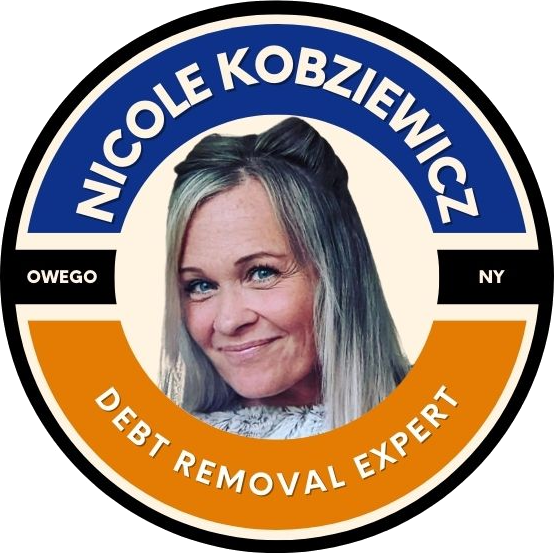Pivotal health preparation for the young to mid-life years – Page 9
As you age, you’ll want to have a plan in place to carry out your last season as well as possible, reserving your physical and financial health. Years before retiring be thinking about your plan and purpose. Retiring often catches people off guard in regards to identity. Think about it for 40-50 years you found your identity it what you did, now take that away and who are you?
If you don’t think you’ll struggle with that most likely you’re in simply ignorant and I don’t hold it against you. Consider taking up new hobbies, clubs, serving others, watching your grandchildren, volunteering or even working a part time job not because you have to but because you want to. In retirement people often are able to see employment in in area they always thought it would be neat to work at. I hear many talk about desiring to work at a golf course, lawn and garden center, boat docks, tour guides or a zoo. It’s interesting that the preferred or common choice of job has to do with nature. Perhaps is the gravitational force for healing in nature? You’ve worked hard all your life to retire and what will you do with your precious time? If you planned, applied consistency and discipline through the prior years it can be a job that isn’t about the money but more so, what you want to do. Upon retirement the race has been won so now you can walk and smell more roses along the way. Reflect on who you are and what you’ve become. Reach down and help others like you’ve been helped through the years. No one will remember what you have but more so what you do so look for opportunities to be kind, caring, supportive, sharing and giving.
Finding yourself being a widow/er can leave you feeling vulnerable and stressed. Start having conversations with your spouse so you can be better prepared for the worse but always hope for the best. There are many who are not prepared to live without the other and I’m not just talking emotionally. I see spouses lose a spouse and not know what the bills are, not know what income they have, not know how to drive, etc. Its easy to become completely dependent on each other because you’ve worked for years as a team but stay plugged in with each other’s responsibilities. Friends of mine have a yearly “death date.” This is a date each year to update each other where things are, what they and if any changes need to be applied. Sounds kind of grim but more importantly is the benefits that come out of communication in such important areas.
Where will you live when you can no longer keep up with the duties of caring and maintaining your home? Maintaining a home can be too strenuous, complex and dangerous. Transition to hiring out the service if you can afford it, or if you have available and handy children they may be able to take over the maintenance and repairs of your home so that you can stay in the comforts of your own as long as possible.
Will you rent? If so, how does that look in your fixed income? There are rentals income based if necessary. This will take care the need to do maintenance and repairs!
Will you build a mother-in-law suite where you have the care and support of loved ones nearby for just a fraction of what it would cost you to stay in your own home, rent or being an assisted nursing home. This would allow you to endure inflation with a fixed income much better then living by yourself. This option would most likely require some construction on the existing house to make the necessary changes for the mother/father-in-law suite.
Organize and declutter will need to be part of your process no matter your next destination. One of the greatest gifts you can give to your loved ones is cleaning up your life before you die. Rid yourself of things that don’t bring you joy and have no useful purpose or sentimental value. We only need so much stuff, most of us have too much stuff. Be sure to organize.
- Trusts (Effective while creator is alive or deceased, if creator become disabled, shelter assets from nursing home care)
*Powers of attorney (Assist with financial/asset-related matters) - Health care proxy (Health decisions only when you make decisions yourself)
*DNR (withholding of CPR signed by a physician)
*Living will (serves as permission for artificial feeding/hydration)
*Will (Applies to assets in decreased person, executor is appointed to gather assets, pay expenses, make sure taxes are paid, distribute remainder of assets in accordance with the terms of the Will) - Original birth certificate
*Death certificates - Marriage certificates
*Divorce decrees
Title documents such as: - Vehicle registrations
- Proof of payment liens
*Certificate of title - Bill of sale
- Abstracts of title for real property
- Mortgage discharge documents (AKA Satisfaction of Mortgage. Its recorded with the Deed)
Financial records such as:
*Bank information (account numbers, Branch Location)
*Tax returns.
*Insurance policies (original policies and proof of value)
*Investments accounts, retirement accounts or annuities.
How long should you keep records of the above?
*Six years is one rule of thumb for audit purposes for IRS but you may want to call it safe with 10 years.
*Medicaid applications for a nursing home you need to keep for 5 years.
Another very important document to have is a Disposition of Bodily Remains-Appoint someone to carry out your wishes with respect to your bodily remains such as: cremation, open/closed casket, no wake, scattering of ashes, music, celebration of life service etc.)







